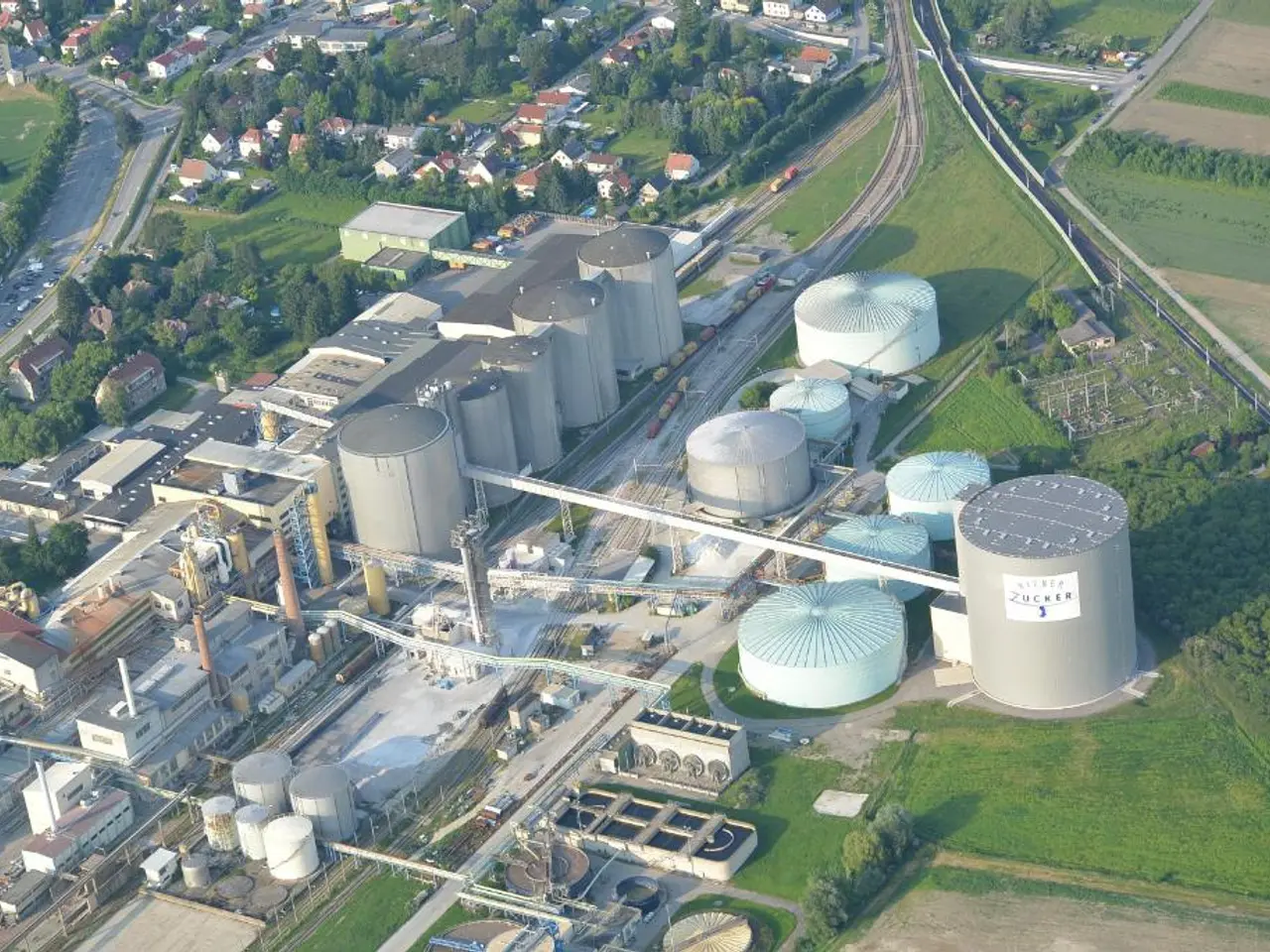Technology's Impact on Property Market Investigations
In the ever-evolving world of real estate, technology has taken centre stage, transforming the way agents, buyers, and sellers interact and operate. This digital revolution has streamlined the buying and selling process, making it more efficient and accessible than ever before.
One of the most significant advancements is the integration of Artificial Intelligence (AI) and related digital tools. These technologies have revolutionised market research, automating data analysis, improving valuations, enhancing customer experiences, and enabling predictive market insights.
Predictive analytics and market trends forecasting are key areas where AI shines. By analysing vast amounts of real estate data, AI can forecast property values, identify emerging hot markets, and detect undervalued properties. This boosts accuracy and speeds up market analysis, providing valuable insights for investors and property professionals.
Another game-changer is Automated Valuation Models (AVMs). Machine learning algorithms rapidly estimate property values based on historical sales and comparative market data, providing quicker and more reliable price estimates than traditional methods.
Virtual Reality (VR) and Digital Twins have also made a significant impact. Potential buyers can now take immersive virtual tours of properties remotely, exploring room layouts, locations, and interior details through high-fidelity AI-generated 3D models. This not only saves time for both buyers and sellers but also provides a more convenient option for busy buyers.
Advanced customer service and marketing automation are another area where technology has made a significant impact. AI-powered chatbots provide 24/7 support, answering inquiries, scheduling viewings, and filtering serious buyers from casual visitors. AI also automates content generation for marketing campaigns, streamlining outreach and lead generation.
Property and document management automation has enhanced operational efficiency for property managers and agents. Technology enables automated rent collection, tenant screening, maintenance scheduling, and document processing (e.g., invoicing, contracts, e-signatures).
Data-driven investment decision making is another key area where technology has made a significant impact. Big data tools and AI-driven platforms support investment planning and risk assessment, helping professionals make informed decisions with integrated real-time information.
Enhanced customer experience is another benefit of this digital transformation. Personalised listings and property recommendations are created by analysing buyer preferences and transaction histories, making property search more targeted and effective.
In essence, AI and digital technologies have made real estate research more efficient, accurate, customer-centric, and predictive, fundamentally reshaping how agents, investors, and buyers operate in the market. The ongoing growth of PropTech and AI investment underscores the expanding role of these technologies in driving innovation and competitive advantage in real estate.
During times of crisis such as the current COVID-19 pandemic, virtual property tours have become essential, allowing potential buyers to explore properties from their own homes using 3D images, videos, and live virtual tours. Embracing technological advancements is essential for anyone involved in the real estate market to stay competitive and make informed decisions.
Moreover, predictive models help minimise risks by identifying areas that may be facing economic challenges or declining demand. These predictive tools allow investors to make informed decisions based on data rather than intuition or speculation.
In conclusion, the integration of AI and technology into the real estate sector has been a game-changer, transforming the industry and providing numerous benefits for all parties involved. As technology continues to evolve, it is expected that its role in the real estate sector will only grow, driving innovation, efficiency, and competitive advantage.
Investing in real-estate has been revolutionized by the integration of Artificial Intelligence (AI) and related technologies, as AI helps forecast property values, identify emerging hot markets, and detect undervalued properties, boosting accuracy and speeding up market analysis.
Data-driven investment decision making is another key area where technology has made a significant impact, with Big data tools and AI-driven platforms supporting investment planning and risk assessment, helping professionals make informed decisions with integrated real-time information.




